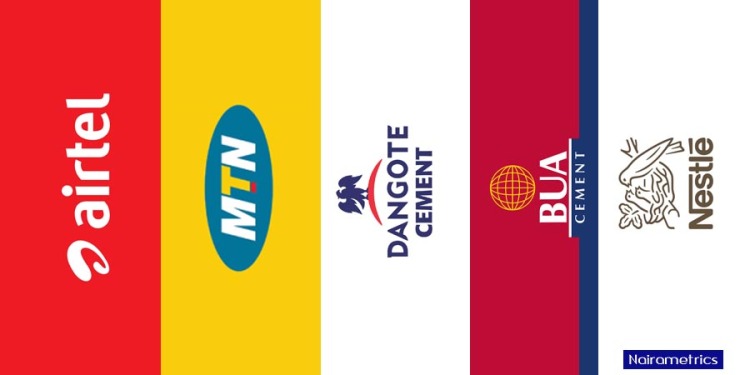Union Dicon Plc, a company quoted on the Nigerian Stock Exchange released its 2021 full year audited results revealing it reported zero revenues for the year under review. This makes it the 17th year the company has reported zero revenues dating back to 2005.
The company however reported a profit after tax of N120.1 million down from N701.3 million reported in the same period in 2020. Union Dicon was able to report profit due to income from other sources such as rent of its properties. The company is yet to report any income from its core business of selling salt in about 17 years.
Despite its lack of revenue for almost two decades it continues to trade on the Nigerian Stock Exchange as a publicly quoted company with external shareholders. The company is majority-owned by Nigerian billionaire oligarch TY Danjuma.
History of Zero Revenues
Union Dicon was originally in the Salt Making business however, several efforts to revive it from its comatose phase have yielded little to no results. The company provided yet its latest efforts at coming back to full operations.
The company had this to say about its going concern status.
- “The Company is currently experiencing difficulty in maintaining a positive working capital position and has not been generating income from its core business since 2005. As of 31 December 2021, the Company’s current liabilities exceeded its current assets by N1,369,641,000 and had negative equity of N1,374,220,000.”
- “Accordingly, there is an immediate need to address the impact of the negative working capital and net liabilities respectively. As part of the measures to sustain the going concern, the Management has entered into a joint venture arrangement with Joatalim Logistic Limited for the use of the Company’s yard in Apapa This arrangement is expected to fetch the Company a rental income in the sum of N180 million annually to sustain the administrative and other overhead costs. The Company is also in discussion with other potential investors on the use of the Port-Harcourt factory/jetty for the production of salt and flour. The Board is of the view that the discussions with these investors would be successful and this would lead the Company back to the production of salt in the immediate future.”
- It again stated that it was looking forward to its Chairman TY Danjuma continuing to bail it out.
- “In addition, General TY Danjuma, the Chairman of the Board and a key shareholder, has agreed to provide the necessary financial support to maintain the Company in continuous operating state and would not demand the payment of the sum of N949.03 million due to him from the Company in the subsequent 18 months from 31 December 2021. He also confirmed in his capacity as a director and shareholder of the Company to provide the necessary financial support to maintain the Company in continuous operating state and in agreement with the other directors and/or shareholders to inject additional funds into the Company.”
History of failed moves
Union Dicon has tried various strategies in recent years to resuscitate its core business or pivot into something else however none has worked.
- In 2014, the Chairman of the company, Gen. (Rtd.) T. Y. Danjuma said the company is embarking on a major diversification exercise by investing in the Agricultural and industrial goods sector of the economy.
- Back in 2016 the Federal Ministry of Agriculture and Rural Development (FMARD) said it had agreed that Union Dicon Salt Plc will replace Cargill as the core investor in the $100m Alape Staple Crop Processing Zone in Kogi State. The deal appeared to have fallen through.
- In November 2013, following approval by the Board of Directors, and an AGM of the company, Union Dicon Salt Plc, entered into a strategic agreement with CBO Capital, as a core investor in the company.
In two phases, CBO Capital would acquire Forty One Million shares (41,000,000) of Union Dicon Salt Plc, and following completion of this, an additional Two Hundred and Forty Million shares (240,000,000) in order to recapitalize the company. This also appeared to have failed,
The company currently has negative equity of N1.3 billion with just about N14 million in cash. The company still reported zero revenue at the end of the first quarter of 2022.















Zero revenues? How possible is that?